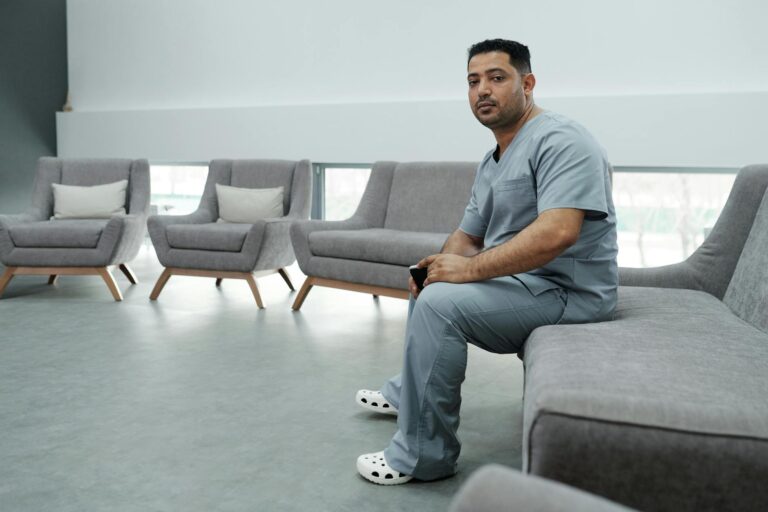### Understanding the Stages of Advanced Dementia
Dementia is a condition that affects the brain, causing problems with memory, thinking, and behavior. It is not a normal part of aging, but rather a progressive condition that can change over time. Here, we will explore the different stages of advanced dementia, helping you understand what to expect and how to support your loved one.
#### Stage 1: No Cognitive Decline
At this stage, there are no noticeable symptoms of dementia. The person functions normally in daily life and does not need any special care.
#### Stage 2: Very Mild Cognitive Decline
In this stage, individuals might experience occasional forgetfulness, such as misplacing items or forgetting names. These changes are often dismissed as normal aging, and minimal support is needed. Gentle reminders and encouragement can help.
#### Stage 3: Mild Cognitive Decline
Memory lapses become more apparent. People may have trouble finding the right words, remembering names, or keeping track of appointments. Increased organizational support, like calendars or medication reminders, can help.
#### Stage 4: Moderate Cognitive Decline (Early-Stage Dementia)
Symptoms become more noticeable, including difficulty managing finances, planning events, or recalling recent events. Personality changes may begin to emerge. Assistance with complex tasks and emotional support become important.
#### Stage 5: Moderately Severe Cognitive Decline (Mid-Stage Dementia)
Individuals may need help with daily activities, such as dressing, cooking, and managing personal hygiene. They may forget significant details, like their address or phone number. Daily assistance is often required to ensure safety and well-being.
#### Stage 6: Severe Cognitive Decline (Middle-Stage Dementia)
Memory loss becomes profound. People may struggle to recognize loved ones and experience significant personality and behavioral changes, such as agitation or anxiety. Full-time care is often necessary, and providing a calm, structured environment is essential.
#### Stage 7: Very Severe Cognitive Decline (Late-Stage Dementia)
In this final stage, individuals lose the ability to communicate effectively and may become bedridden. Physical health often declines, requiring advanced medical care. Around-the-clock care, including assistance with eating, mobility, and comfort measures, is critical.
### What to Expect in Each Stage
– **Early Stage Dementia**: At this point, people might experience some changes in their thinking and memory. They might repeat themselves, mix up words, or misplace things more than usual. They can still support themselves but may struggle in social situations or feel less motivated.
– **Middle Stage Dementia**: The changes to mood, memory, thinking, and behavior are stronger. People have more trouble concentrating, understanding, reasoning, and communicating. They might forget how to dress or bathe and recognize family and friends. They may experience confusion, distress, mood changes, and aggression.
– **Late Stage Dementia**: Symptoms are very strong. People may be unable to communicate, walk, control their bodily functions, or look after their hygiene. They may lose their ability to remember people or places and form new memories. At this stage, they will need constant supervision and care.
### Supporting Your Loved One
Understanding the stages of dementia helps you provide the right support at the right time. Here are some tips:
– **Early Stage**: Encourage your loved one to stay active and engaged. Support them with daily tasks and provide emotional support.
– **Middle Stage**: Offer more assistance with daily activities. Help them manage their finances and plan events. Provide emotional support and consider professional help if needed.
– **Late Stage**: Focus on providing a calm and structured environment. Ensure they receive around-the-clock care, including assistance with eating, mobility, and comfort measures. Consider hospice care if necessary.
### Conclusion
Advanced dementia is a complex condition that requires understanding and support. By knowing the different stages and what to expect, you can better care for your loved one and help them





